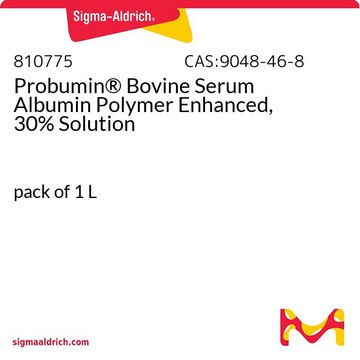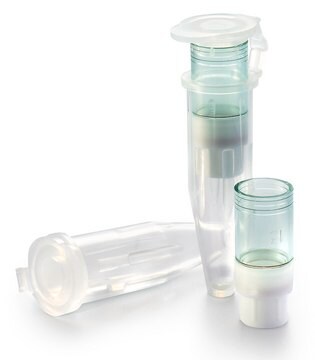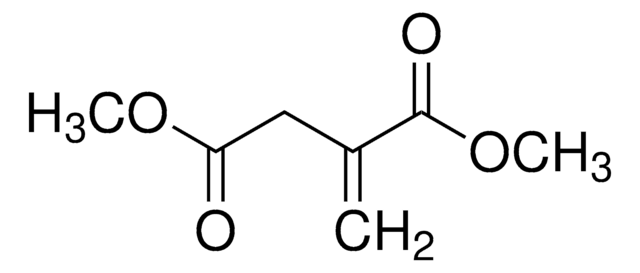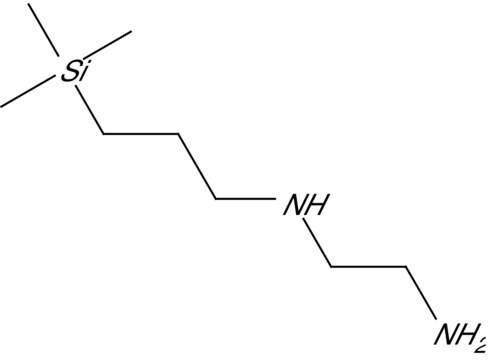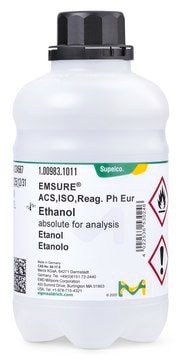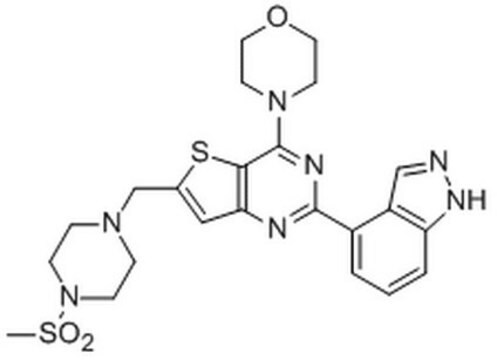54217-U
Supelclean™ ENVI-Carb™ II/PSA SPE Tube
bed A 500 mg (Supelclean™ ENVI-Carb-II SPE), bed B 500 mg (Supelclean™ PSA SPE), volume 20 mL, pk of 20
Synonym(s):
Carbon/PSA SPE cartidge, 20 mL
About This Item
Recommended Products
material
PE frit (20 μm porosity)
polypropylene hardware
Quality Level
composition
bed A, 500 mg (Supelclean™
ENVI-Carb-II SPE)
bed B, 500 mg (Supelclean™
PSA SPE)
packaging
pk of 20
technique(s)
solid phase extraction (SPE): suitable
volume
20 mL
matrix active group
PSA phase
carbon phase
application(s)
food and beverages
separation technique
ion exchange
reversed phase
Looking for similar products? Visit Product Comparison Guide
General description
Sample Matrix Compatibility: Organic or aqueous solutions
- Dual layer SPE tube that contains both Supelclean ENVI-Carb (upper layer) & PSA (lower layer) SPE sorbents (separated by PE frit)
- Developed to offer superior clean up when conducting multi-residue pesticide analysis from food (e.g. agricultural products, meats, etc.).
- ENVI-carb has a strong affinity towards planar molecules, and can isolate/remove pigments (e.g., chlorophyll and carotinoids) and sterols commonly present in foods and natural products
- Supelclean PSA is a polymerically bonded, ethylenediamine-N-propyl phase that contains both primary and secondary amines
- Supelclean PSA has a strong affinity and high capacity for fatty acids, organic acids, and some polar pigments and sugars
- Tested for superior cleanliness using GC-FID and GC-MS
Legal Information
Signal Word
Danger
Hazard Statements
Precautionary Statements
Hazard Classifications
Eye Dam. 1 - Skin Sens. 1 - STOT RE 2 Inhalation
Target Organs
respiratory tract irritation
Storage Class Code
11 - Combustible Solids
WGK
WGK 1
Flash Point(F)
Not applicable
Flash Point(C)
Not applicable
Choose from one of the most recent versions:
Already Own This Product?
Find documentation for the products that you have recently purchased in the Document Library.
Articles
SPE retention mechanism in this case is based on the electrostatic attraction of charged functional groups of the analyte(s) to oppositely charged functional groups on the sorbent.
Solid Phase Extraction: Reversed-Phase Methodology
Protocols
Retention occurs through polar interaction between the sorbent and analytes. Typical sample matrices that can be employed in normal-phase SPE include hydrocarbon or fatty oils diluted in a solvent like hexane, isooctane, chlorinated solvent, THF, diethyl ether, or ethyl acetate.
Our team of scientists has experience in all areas of research including Life Science, Material Science, Chemical Synthesis, Chromatography, Analytical and many others.
Contact Technical Service

